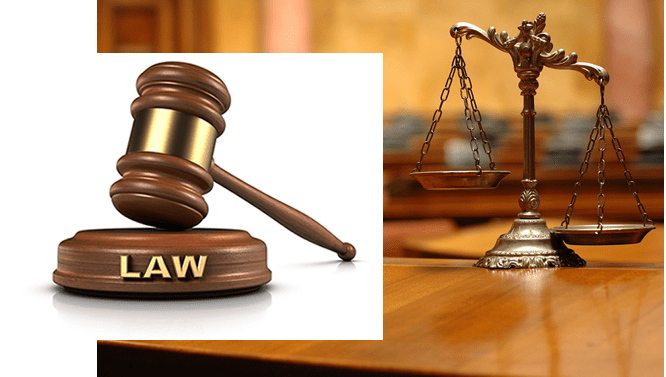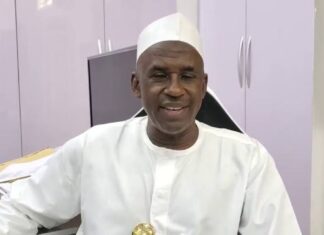By Aloy Ejimakor
On July 31, 2019, an election petition tribunal sitting in Akure nullified the election of Ikengboju Gboluga, PDP House of Representatives member for Okitipupa/Irele federal constituency, for having acquired the citizenship of United Kingdom.
With all due respects to the learned tribunal, the judgment is wrong for the following reasons:
The core constitutional provisions on dual citizenship as impacts on eligibility to run for House of Representatives are found at Sections 28(1) and 66(1)(a) of the Constitution. No doubt, dual nationality can trump eligibility but there are some narrow and specific exceptions.
Section 66 (1)(a) provides that: “No person shall be qualified for election to the Senate or House of Representatives if – subject to the provisions of section 28 of this Constitution, he has voluntarily acquired the citizenship of a country other than Nigeria or, except in such cases as may be prescribed by the National Assembly, has made a declaration of allegiance to such country”. The Tribunal’s judgment was based on portions of this Section.
Section 28 (1) provides that: “Subject to the other provisions of this section, a person shall forfeit forthwith his Nigerian citizenship if, not being a citizen of Nigeria by birth, he acquires or retains the citizenship or nationality of a country other than Nigeria, of which he is not a citizen by birth”. The Tribunal was also persuaded by this Section.
The tribunal got it wrong because its analysis was primarily anchored on an amazing misreading of Section 66 or a faulty interpretation that omitted the operative phrase: “subject to provisions of section 28 of this Constitution”. The Tribunal also ignored a critical sentence in Section 28 that bears a narrowly-tailored exception created for “citizens of Nigeria by birth”, of which Ikengboju Gboluga is undoubtedly one.
To be clear, the general constitutional bar found in Section 28 is not applicable to Ikengboju Gboluga simply because he is, first and foremost, a citizen of Nigeria by birth. The fell consequences of dual citizenship are specifically intended to operate against those Nigerians who acquired foreign citizenship without first being citizens of Nigeria by birth or lineage, such as citizens of Nigeria by naturalization or registration.
Taken further, even if Ikengboju Gboluga is also a citizen of the United Kingdom by birth (which he is not), he is still eligible, provided he is also a citizen of Nigeria by the other means saved by the Constitution, such as citizenship by derivation, lineage or aboriginality through his parents being citizens of Nigeria by birth (native to Ondo State); or by being borne of Yoruba stock (a tribe aboriginal or indigenous to Nigeria).
By the same interpretation, even Gboluga’s children and their ilk – borne in the Diaspora of Nigerian parents – are all eligible to run for House of Representatives on the tenor of a community interpretation of the exceptions enacted at Sections 28 and 66.
Therefore, the plain meaning of all the pertinent Sections of the Constitution read together demonstrates that Section 28 is paramount and controlling and unambiguously so, as can be gleaned from the limiting language rendering the broad sentence of Section 66 subject to the saving sentence of Section 28.
However, the only scenarios where a Nigerian citizen shall be barred would be of the few cases where the Nigerian citizenship was acquired by means other than by birth or lineage, which is no where near-applicable to Ikengboju Gboluga.
Barrister Aloy Ejimakor is of Adulbert Legal Services, Abuja.














